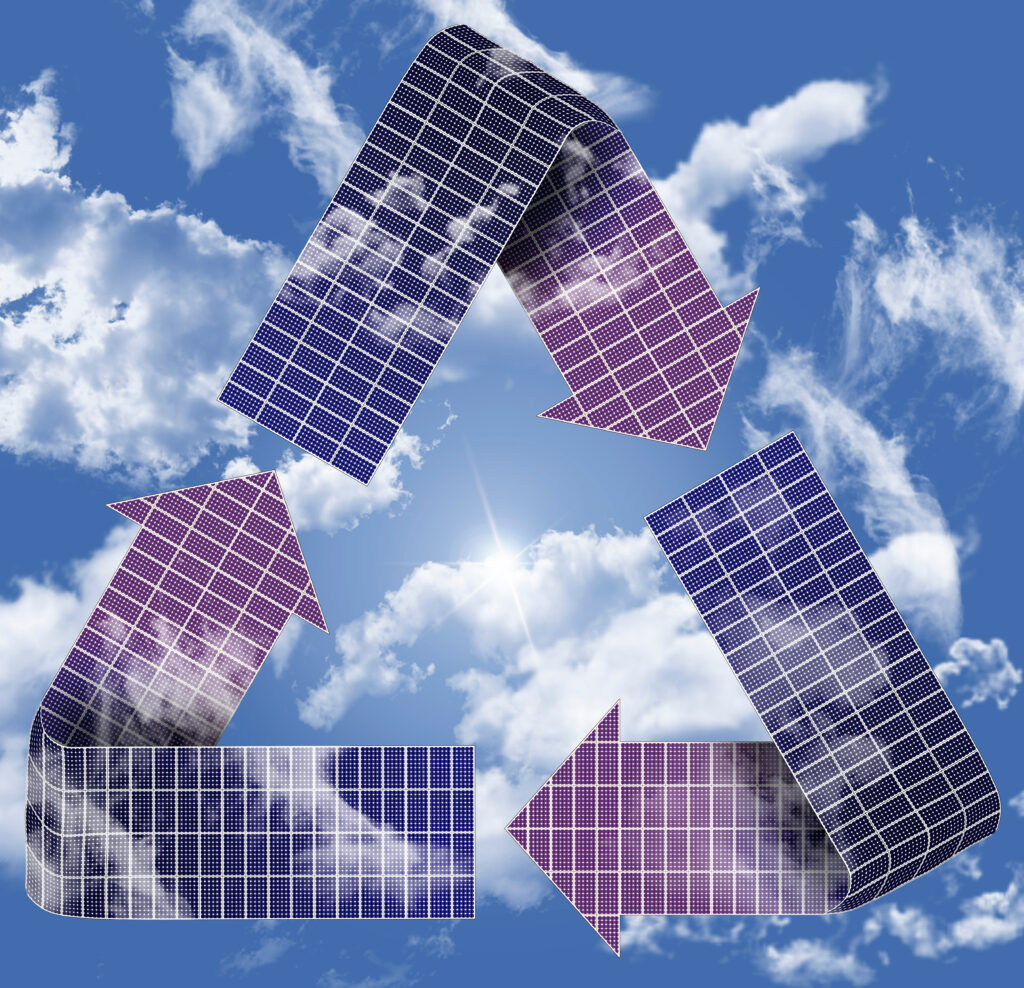
The North Carolina General Assembly Environmental Review Commission (ERC) convened last week for the first time in six years. North Carolina State Representative Jimmy Dixon and State Senator Norman Sanderson called the meeting to discuss waste management and how the state can build a circular economy. North Carolina Department of Environmental Quality (NCDEQ) Secretary Eizabeth Biser applauded the state’s success as a business development leader and emphasized the need for reuse policies that can help sustain that growth. End-of-life materials can be repurposed as manufacturing feedstocks and fuel many new economic opportunities.

Of interest to our membership is how solar panels fit into this structure. As an early leader in solar, North Carolina’s aging solar panels have drawn questions from legislative leaders and stakeholders alike. 2023’s House Bill 130 established statutory requirements for solar panel decommissioning, including an imperative for reuse or recycling of all components “practicably capable of being recycled.” NCDEQ has established a new program under HB 130 which fully outlines compliance with the legislation’s requirements. North Carolina House Bill 600 additionally encourages recycling and limits non-hazardous panel disposal to lined landfills. At the federal level, rulemaking is underway to better regulate solar panel waste overall and improve recycling processes.
North Carolina is home to the first solar panel recycling facility on the East Coast, Powerhouse Recycling. The company’s Vice President, Brett Henderson, and CFO, Steven Turk, presented the basics of panel recycling to the ERC. Powerhouse Recycling serves three state contracts—North Carolina, Kentucky, and Virginia—based out of their Salisbury facility. Their business seeks to divert panels from landfills and recover 100 percent of silicon, metals, glass, plastics, and aluminum for re-use in the supply chain. When acquiring end-of-life panels and other electronics, Powerhouse Recycling determines whether the product can be refurbished or resold; if not, products are manually disassembled or broken down by a machine which sorts components for later use.
At present, the majority of recycled panels are those which break during installation, are damaged during weather events, or phase out during technological upgrades. Though recycling is currently more expensive than landfill disposal, Powerhouse Recycling is optimistic about future growth as economies of scale proliferate. The past year saw a decrease in costs given greater recycling efficiency. We can only expect this trend to continue as more feedstock enters the supply chain and new markets emerge to capitalize on recycled panel materials.

Recent Comments